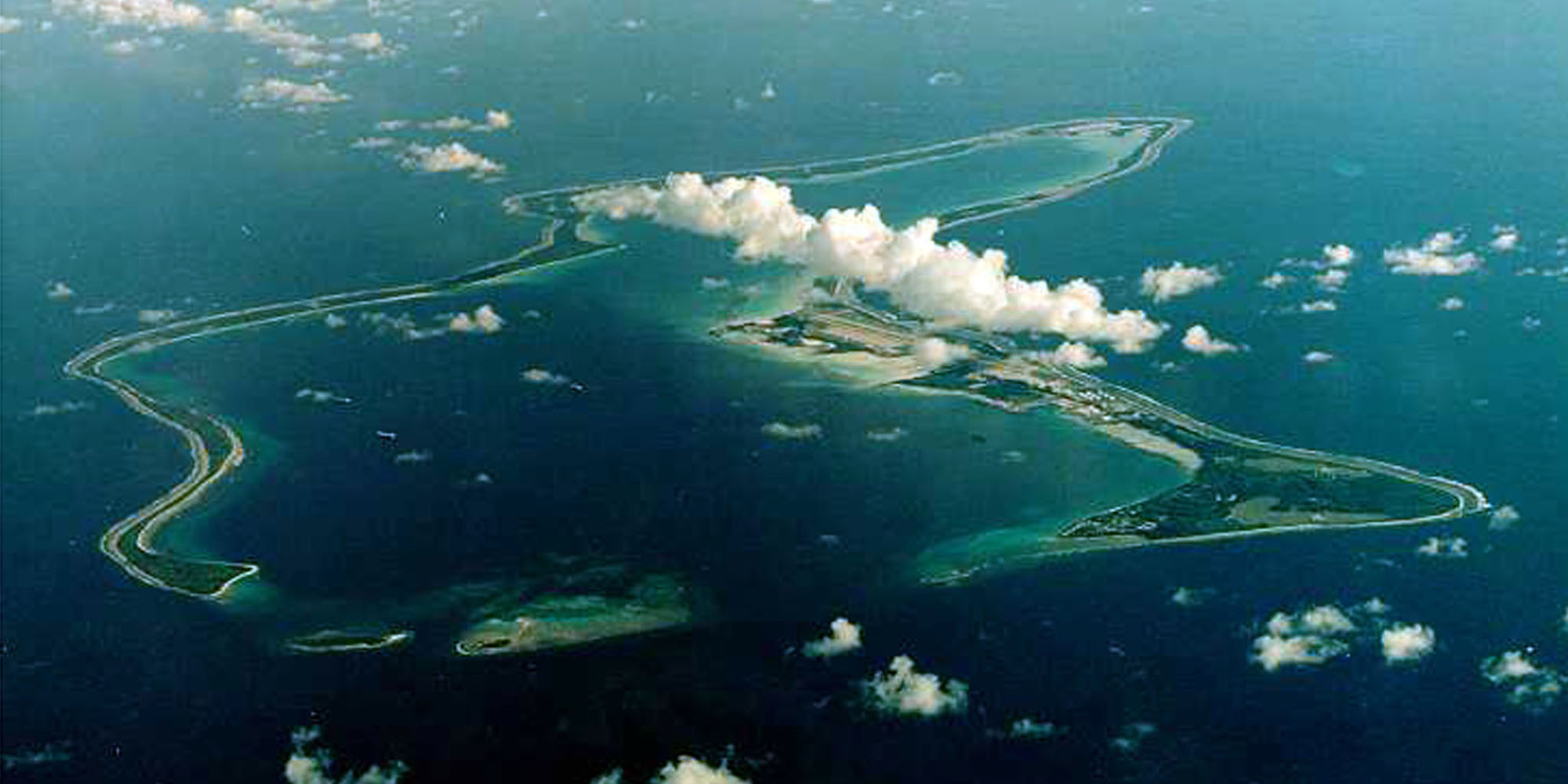- In 1966, the UK leased the US the remote, 17-square-mile Indian Ocean island of Diego Garcia.
- Diego Garcia is now a key US military base in the region, and it is used as a launchpad for Air Force missions in the Middle East.
- About 5,000 service members and contractors are based on Diego Garcia, which has a bowling alley, a burger bar, and stores.
- The British government evicted thousands of islanders from their homes on Diego Garcia and the surrounding area to make way for the base.
- The UN’s top court recently ruled that the British illegally gained possession of the island in 1965, placing the future status of the base in doubt.
On the remote tropical island of Diego Garcia in the Indian Ocean lies a secretive, strategically vital US military base.
The base has served as a launchpad for US military operations in the Middle East and as a refueling point for Air Force patrols headed to the South China Sea, and it was even designated an emergency landing spot for space missions by NASA.
But this distant outpost of American power isn’t located on US territory. Instead it occupies what used to be part of the British Empire – and its former owners want it back.
But a recent ruling from the UN’s highest court said Diego Garcia and the islands around it were illegally taken by Britain and should be returned. Though the ruling is not binding, it has put the future of the base in doubt.
Scroll down to see what the remote installation is like.
Diego Garcia is located in the Indian Ocean's Chagos Archipelago, more than 1,000 miles from the nearest continent.

Its position is strategically vital for the US, allowing it to project its military strength northwest into the Middle East and South Asia, east into Asia, or west into Africa.
It's the most important US base in the Indian Ocean region.
It's a horseshoe-shaped atoll of about 17 square miles.

Diego Garcia is surrounded by about 60 other atolls.
Its coast forms a deep natural harbor, making it the perfect site for a naval base.
Diego Garcia is a tropical island, with white sands and coconut forests, surrounded by azure seas.
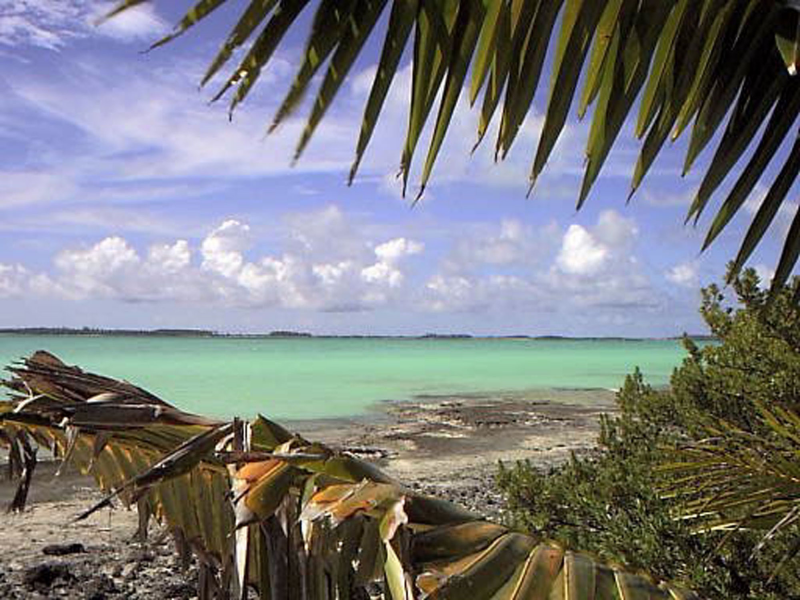
It is home to turtles, giant migrating birds, and the coconut crab - the largest land-based animal on the island.
An estimated 3,000 to 5,000 service personnel are stationed at the base, mostly Americans with a few from the UK.
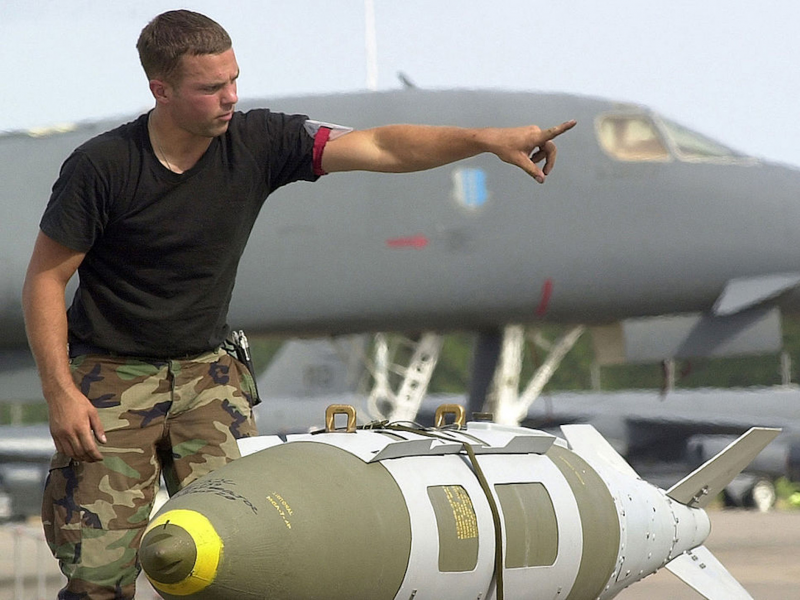
There are also civilian contractors, mostly from nearby Mauritius, who cook and clean for the soldiers and sailors.
The "downtown" area of Diego Garcia is like a small American town.
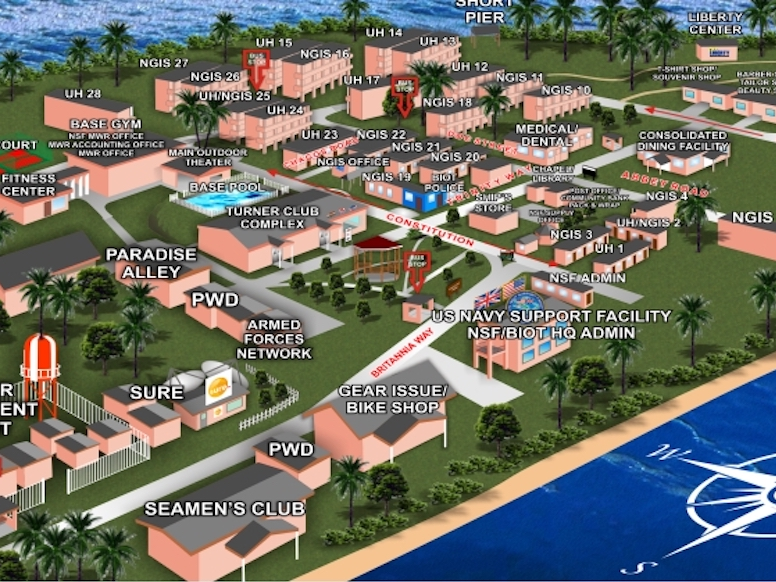
In their downtime, US military service personnel can spend their time bowling, cycling, or shopping.
Diego Garcia has been the site of important military action by the US.
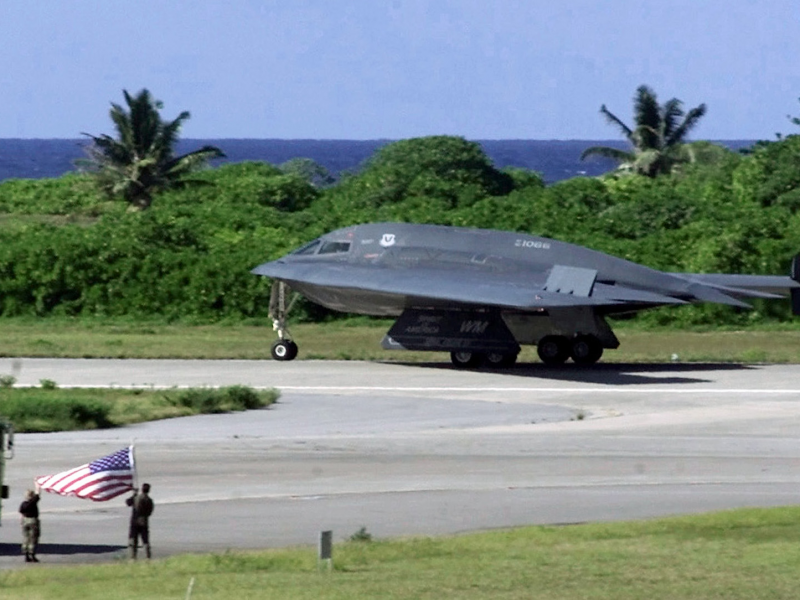
From Diego Garcia, US bombers launched attacks in Afghanistan in the wake of the 9/11 attacks and on Iraq during the 2003 invasion of the country by the US and its allies.
Before that, the site had proved its strategic importance for US military operations in the Middle East as a base for Air Force attacks in 1991 during the first Gulf War.
Diego Garcia has a 2-mile runway capable of hosting B-1, B-2, and B-52 bombers.

From the base, long-range B52 bombers embarked on missions to Afghanistan in 2001, targeting Taliban and Qaeda positions in the country's mountains.
The base is also vital as a refueling point for the US Navy and Air Force.

Its deep port is able to accommodate aircraft carriers, nuclear submarines, and other ships.
"There are also massive pre-positioned ships in the lagoon, each about the size of the Empire State Building, filled with enough weapons and supplies for material tanks, helicopters for an entire brigade of Marines," David Vine, who has written a book on the Chagos islands, told CNN.
With Diego Garcia accessible only to restricted US military personnel, its secrecy has attracted speculation.
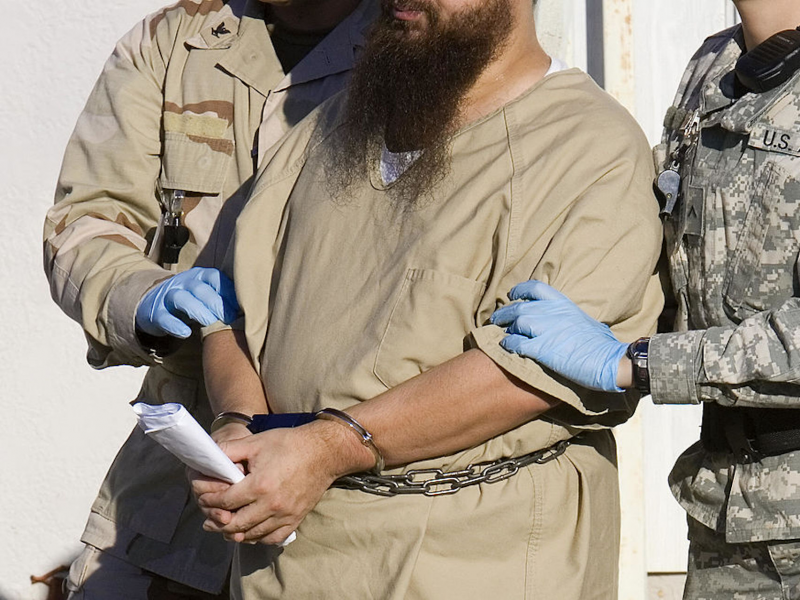
Unlike the US military base in Guam, the spouses of personnel are not allowed on Diego Garcia. No journalist has visited.
Lawrence Wilkerson, a former official in the Bush administration, told Vice News in 2015 that CIA contacts had informed him it served as one of the network of prisons where people were detained, interrogated, and in some cases tortured as part of the post-9/11 war on terror.
The claims have been awkward for the British. Officials in the UK government have long denied UK complicity or involvement in the US's "extraordinary rendition" program.
From 1967 to 1973, the British evicted the entire population of the Chagos islands — known as the Ilois — to make way for the US air base.
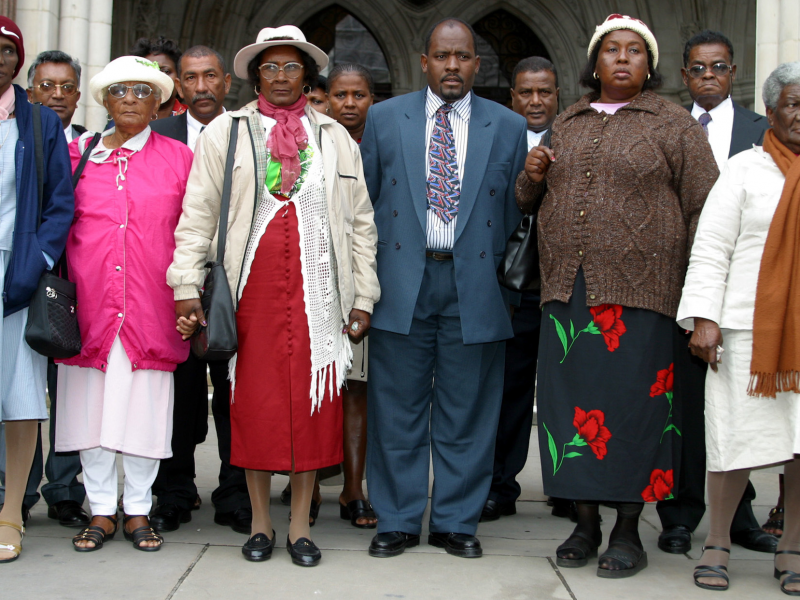
The ancestors of the Ilois had been transported to the islands as slaves to work coconut plantations in the 18th century.
But after being forcefully uprooted in the 1960s and 1970s, most of the Chagossians were moved to nearby Mauritius or the Seychelles, where they faced poverty and discrimination.
Some moved then to Britain, where they have continued to experience hardship.
The Ilois have fought for the right to return to their homeland, with the British High Court in 2006 ruling that their expulsion was illegal.
The British government has continued to deny that it broke laws in expelling the Ilois, and it has blocked their right to return.
But the UN has said British rule over the islands is illegal.

In May, the UN's highest court ruled that the 60 or so Chagos islands - including Diego Garcia - had been transferred to British authority illegally in 1965.
The islands were previously part of Mauritius, but Mauritius handed control of them to Britain for a cash fee two years before gaining independence.
The UN court ruled that it was illegal for the British to demand possession of the islands as a condition of independence.
Shortly afterward, the British leased Diego Garcia to the US.
The UN has now served an eviction notice to the British. Though the ruling is not enforceable, it exerts moral pressure and has placed the future of the base in doubt.

